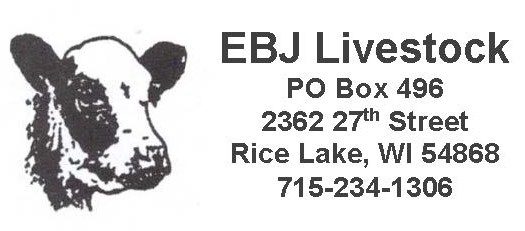Both federal and state laws address child labor and agriculture. On the federal level, the Fair Labor Standards Act (FLSA) and corresponding regulations explain these rules, and many states also have state-level employment laws. This article will address only federal laws.
First, a parent may employ his or her child of any age, at any time, doing any type of work, on a farm or ranch owned or operated by the parent. The same is true if the owner or operator of the farm or ranch is someone standing in place of the parent, such as a custodial grandparent. So employing one’s own children is fairly straightforward.
The rules become more complex regarding employing another person’s child on the farm or ranch. The applicable rules depend on the child’s age and the nature of the tasks he or she performs:
-
Age 16 or 17. A child may perform any farm job, including those deemed hazardous by the secretary of labor, and may work any time, including during school hours.
-
Age 14 or 15. A child may perform only those jobs not considered hazardous by the secretary of labor and may be employed only outside of school hours.
-
Age 12 or 13. A child may work in an agricultural operation only if his or her parent is also employed there. Work may occur only outside of school hours.
-
Children 11 or under. A child may work in an agricultural operation only if his or her parents give consent and the farm employees are exempt from the FLSA requirements. Work is permitted only outside of school hours. Common exemptions under the FLSA (see 29 U.S.C. § 213(a)(6)) include:
- Immediate family members of the employer
- Persons principally engaged in range production of livestock
- Farms making less than $500,000 in annual gross sales
- Businesses with fewer than 500 “man days” (an employee works for at least one hour in a day) of agricultural labor in any quarter of the prior year
As noted above, children under the age of 16 may not participate in activities the secretary of labor deems to be hazardous. Some of the activities included on this list might surprise a lot of farmers and ranchers.
For example, it is considered hazardous for a child to work in a stall, pen or area with a bull, stud horse or cow with a newborn calf. Under the laws, a child under 16 may not undertake these activities.
The following activities have been deemed hazardous by the secretary of labor:
- Operating a tractor of over 20 power-takeoff horsepower or connecting or disconnecting an implement or any of its parts to or from such a tractor
- Operating or helping to operate (even touching) any of the following machines:
- Auger conveyor
- Corn picker
- Cotton picker
- Crop dryer
- Earth-moving equipment
- Feed grinder
- Forage blower
- Forage harvester
- Forklift
- Grain combine
- Hay baler
- Hay mower
- Mobile pea viner
- Non-walking-type rotary tiller
- Potato combine
- Potato digger
- Power-driven circular, band or chainsaw
- Power post driver
- Power post-hole digger
- Trencher
- Unloading mechanism of a non-gravity-type self-unloading wagon or trailer
- Working on a farm in a pen, stall or yard occupied by a boar, bull, cow with a newborn calf (umbilical cord present), sow with suckling pigs or stud horse maintained for breeding purposes
- Bucking, felling, loading, skidding or unloading timber more than 6 inches in diameter
- Working from a ladder or scaffold at a height of more than 20 feet
- Driving an automobile, bus or truck while transporting passengers
- Riding on a tractor as a passenger or helper
- Working inside:
- Forage, fruit or grain storage unit designed to retain an oxygen-deficient or toxic atmosphere
- Horizontal silo while operating a tractor for packing purposes
- Manure pit
- Upright silo within two weeks of silage being added or when a top-uploading device is in the operating position
- Handling or applying (includes cleaning equipment, disposing or returning empty containers, or serving as flagman) Category I chemicals identified by the word “poison” and the skull and crossbones labels, or Category II chemicals identified by the word “warning” on the label
- Handling or using a blasting agent
- Transferring, transporting or applying anhydrous ammonia
There are certain exceptions for students in vocational agriculture education programs and 4-H members who have completed a tractor-training program.
To avoid potential violations, a farmer or rancher who hires a minor as part of a school work-study program should make sure the school program has obtained approval from the Department of Labor.
Times have changed concerning laws that apply to minors working on farms and ranches. Anyone who intends to hire children under the age of 18 should be aware of and carefully comply with child labor laws. ![]()
PHOTO: Federal labor rules dictating work on the farm for teens depend on the child’s age and nature of tasks performed. Staff photo.

-
Tiffany Dowell Lashmet
- Assistant Professor and Extension Specialist
- Agricultural Law Texas A&M AgriLife Extension Service









